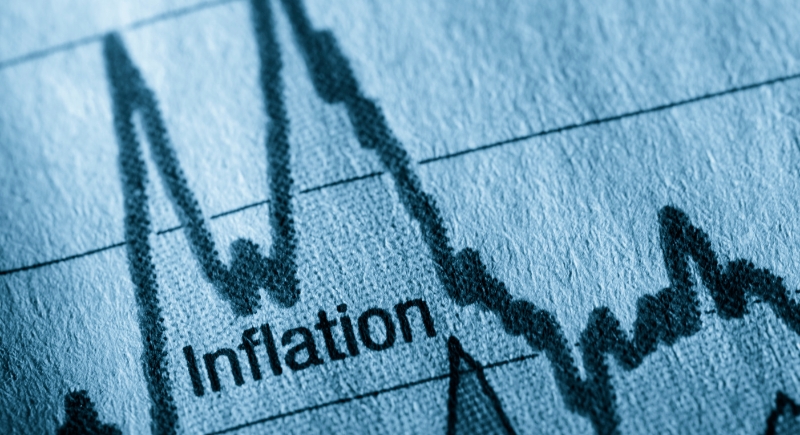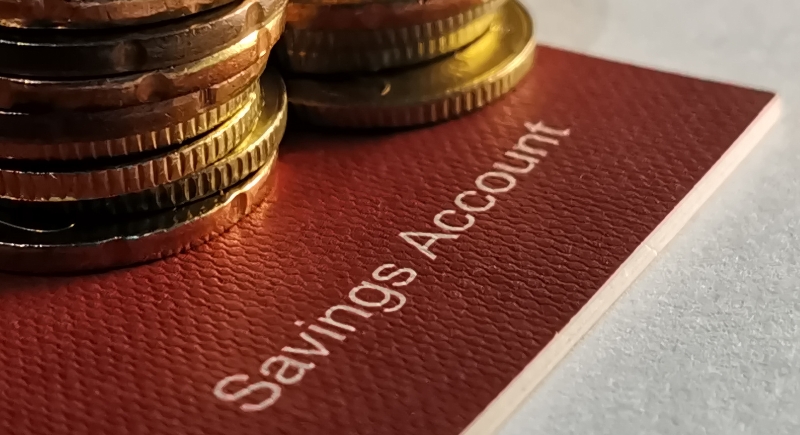The Financial Risks of Holding Too Much Money in Checking
Cash can feel reassuring — it’s accessible, reliable, and ready for anything from bills to last-minute takeout. But holding too much money in a checking account can erode your long-term wealth. The balance that looks strong on paper may actually be losing value over time due to inflation and missed growth opportunities.
Inflation Eats Away at Idle Cash

Image via Getty Images/JLGutierrez
The average checking account pays almost nothing in interest. As of October 2025, the national average rate sits at just 0.07%. Compare that to inflation, which is around 3%. That means your money is losing value every month it sits untouched. Over the course of a year, a $10,000 balance would effectively lose about $300 in buying power.
That’s not the only issue. Money that could be earning returns elsewhere is missing out on growth. It’s called opportunity cost, which is the loss of what your money could have earned if it were invested or saved in a more profitable place.
Big Balances Can Encourage Overspending
There’s also a psychological aspect to keeping too much money in a checking account. Experts say that large balances can tempt people to spend more freely. It feels like you can afford that extra purchase because you see the number sitting there. Before long, your “extra cushion” turns into higher monthly spending.
It’s recommended to keep around one month’s worth of expenses in checking, just enough to pay bills and avoid overdrafts. People who struggle with overdraft fees might stretch that to two months, but anything beyond that should be moved elsewhere.
Where to Move Your Extra Cash

Image via Getty Images/girubalani garnarajan
High-yield savings accounts are a straightforward upgrade. Some offer rates around 5%, are FDIC-insured, and keep your money easily accessible. Banks like Marcus by Goldman Sachs or American Express High Yield Savings make it simple to grow your money without any monthly fees. A separate savings account also helps create a small barrier between spending and saving, which can make a big difference in the long run.
If you’ve already built an emergency fund of three to six months of expenses, consider Certificates of Deposit (CDs). CDs offer higher interest rates for locking in your money for a set period, typically one to five years. Just don’t touch it early, or you’ll face a withdrawal penalty. For a long-term goal, investing in low-cost index funds, such as Vanguard’s S&P 500 ETF (VOO), can yield higher returns over time.
Some people prefer a safer option, like money market funds. Vanguard’s Federal Money Market Fund (VMFXX) currently yields over 4% and keeps your cash stable while still earning decent interest. If you’re worried about inflation, even gold investments or gold-backed IRAs can help protect purchasing power.
Keeping the Right Balance
Cash still has a purpose. It’s your lifeline in an emergency that can help you handle job loss, medical bills, or surprise expenses without turning to debt. The key is balance. Keep enough to live comfortably for a month or two, but relocate the rest to a place where it can grow.